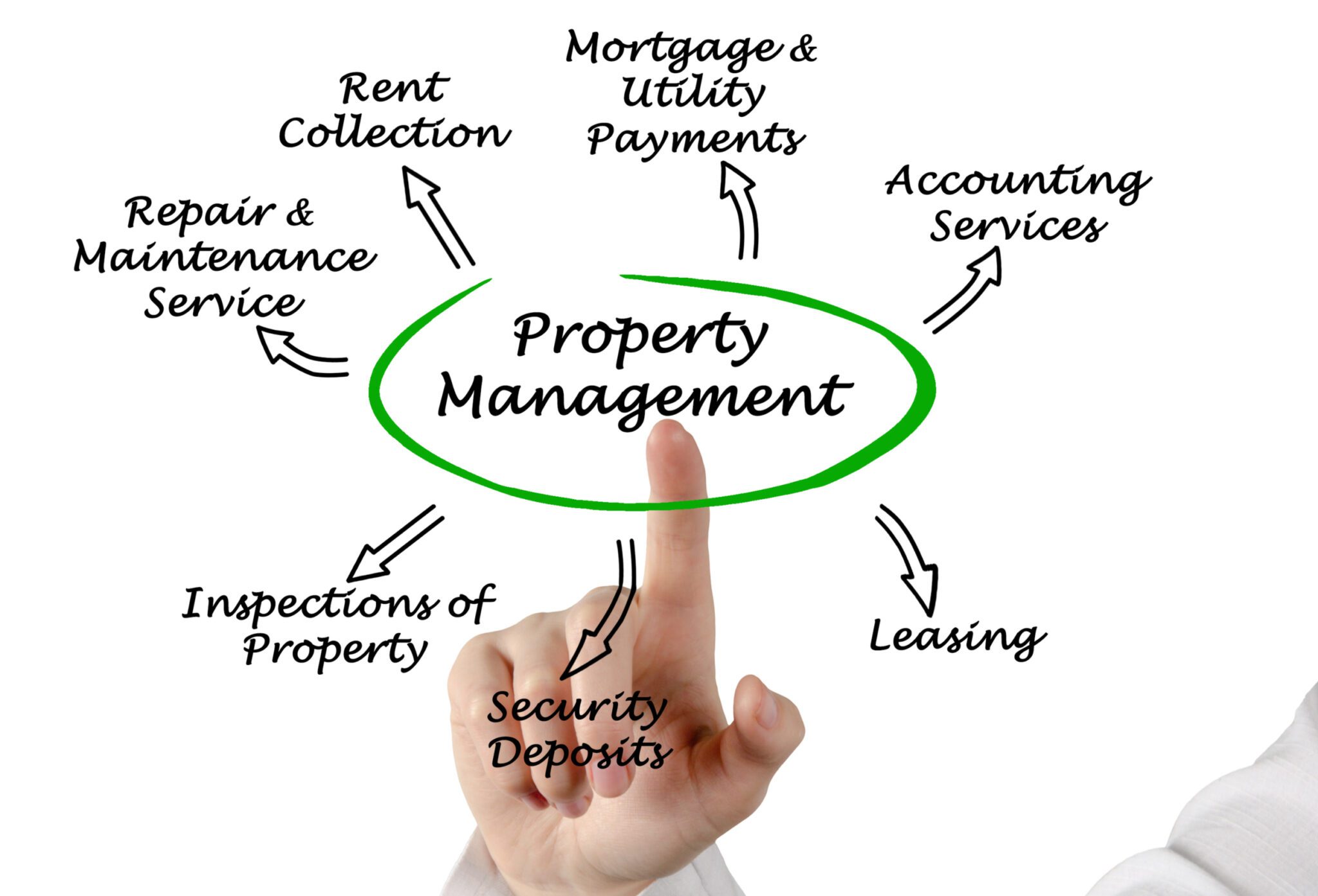
Property Management: Is Self-Management Effective?
For those who have just made a good deal out of a real estate asset – either residential or commercial- and consider making it an investment asset, would it be fine to manage it by themselves to speed up returns and minimise overhead costs?
There’s nothing to hold you back if you choose to manage your property investment on your own, as there are a lot of risks involved. Worse, making the wrong decisions can be damaging to your investment.
What risks are involved?
Before considering self-management as an option, take time to determine your experience and management skill levels before entertaining and weigh the pros and cons by anticipating all possible risks involved.
If you choose to go the way of self-management, then the full weight of the responsibility falls on you- from marketing, sourcing tenants, and fulfilling all related legal obligations to resolving conflicts that may arise with your tenants.
Your next option is to avail the services and expertise of a property manager, who can take on the responsibilities of the landlord such as managing the affairs of the property investment and manage situations to give property owners or clients more time to focus on their key responsibilities and attend to more pressing concerns.
Calculating your risks is an important step when choosing to self-manage or not.
Here are some of the common risks that often occur when self-managing property assets.
Sourcing tenants
This is a crucial step that is often mis-looked by many investors who choose to self-manage, especially those who inherited tenants from an asset acquisition and assumed the role of the investor.
Some tenants are nearing the end of their lease contract or have decided to look somewhere else at about the same time the property’s handover takes place.
Private landlords may resort to placing ads for tenants and end up embroiled in a waiting game for potential or interested tenants. The vacancy period may last for weeks or even months, causing investors to lose money during that period for continuing overhead and other costs.
Whereas professional property managers maintain or have access to a tenant database where they could easily find and contact potential tenants.
Getting the right tenants
Vetting potential tenants for a lease agreement can be a tough and challenging process, especially for landlords who don’t have any available information regarding the profiles, rental history, or other relevant and salient information that can be useful in establishing the landlord-tenant relationship.
The same concept applies to commercial properties, where the risk can be higher when unscrupulous individuals or groups could do more harm than good.
With a property management service, their access to extensive real estate networks become highly valuable and useful, making them more capable of finding the right tenants or groups that are in the market looking for residential or commercial leasing spaces.
Documentation
Private or self-managed landlords can tend to give leeway or forego legal formalities to establish a good landlord-tenant relationship.
However, this can be a very risky proposition, especially when technical issues arise that could affect your investment and give you more headaches and sleepless nights.
It might be something as trivial as a maintenance checklist or something as important as a payment schedule, which could have been brushed aside at the start as a gesture of goodwill, only to end up causing problems with a problematic or delinquent tenant.
Protecting investment assets and income
Being aware of laws and regulations that protect your asset is important and ensuring that getting the right performance reports and business data is another way of protecting both your asset and the income it generates.
Property managers know this all too well and are something that inexperienced landlords often miss out on.
Ensuring that steps are taken to know that your property investment is in its proper condition, which is being monitored and reported through proper documentation and communication, you reduce the risk of problems or disputes down the line.
Unexpected and higher expenses
Believing that you made a good deal with a recent purchase by paying less than its fair market value, you think of how you can turn that asset into an income-generating one.
However, you discover that the structures only look good on the outside and a major renovation is within sight. Worse, you have tenants still living on the premises and don’t know how to deal with them.
You end up shelling out money spending for the costly renovation and add a few more thousand dollars relocating your tenants because you feel that is the best-win-win solution.
But is it?
Just imagine how things that start right could end up so wrong.
Given this scenario, a property manager could have been consulted from the start to provide you with sound investment options and how to effectively deal with similar nerve-wracking situations.
Make the right choice
Making a sound and wise decision is critical to the success of your property investment goals. There’s nothing to keep you from managing your investment assets by yourself, but the question is, would you be willing to risk it and end up regretting it sooner or later?